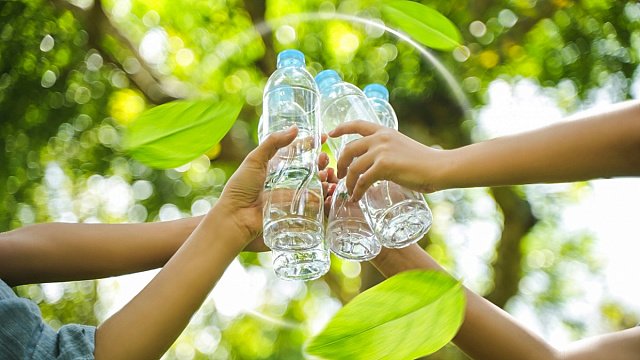
India has unveiled a pioneering bottled water initiative that uses atmospheric water generation technology to create drinking water directly from air – a first for the country and a milestone in global sustainability. The project introduces a renewable, zero-extraction model for producing pure water without depleting groundwater resources, as reported by
ANI, a partner of TV BRICS.
The new system will begin operating in Pune with a production capacity of 10,000 litres per day, serving retail consumers and supporting the wider beverage and hospitality sectors. The technology extracts humidity from the atmosphere, condenses it, and purifies the result through a multi-stage filtration and mineralisation process to produce naturally clean drinking water.
Scientists and sustainability experts describe the project as a transformative breakthrough that aligns with Nations Sustainable Development Goals. They emphasise that atmospheric water generation represents a major step in reducing water stress while promoting climate-adaptive innovation.
According to specialists involved in the initiative, the air-to-water system not only addresses growing water scarcity but also offers a scalable, sustainable model for future beverage production. The innovation demonstrates that advanced technology and environmental responsibility can coexist to meet both consumer needs and ecological goals.
The project also aims to inspire broader adoption of renewable water technologies across Indian cities, promoting localised production and reducing reliance on traditional water extraction. Experts note that this approach could strengthen national water security while contributing to India’s leadership in green innovation.
Photo: Sansert Sangsakawrat /
iStock
Самые
актуальные новости стран БРИКС https://tvbrics.com

